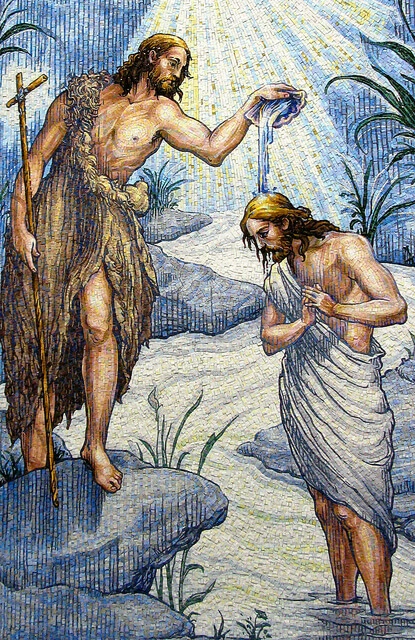10110. 'To fill their hand' means in order to receive Divine Truth. This is clear from the meaning of 'filling the hand' as representing the Lord in respect of Divine Truth in the heavens, and the transmission and the reception of that Truth there, dealt with in 10076. The implications of this statement - that 'they shall eat the holy things containing what has been expiated, to fill their hand' means the making of good their own by those who have been purified from evils and consequent falsities in order to receive Divine Truth - are as follows:
[2] The first thing of all to be made a person's own is good, followed in stages by truth. The reason why this should be so is that good is the ground and truth the seed. So in a similar way good adopts truth and joins it to itself, because it loves truth like a parent. For a heavenly conjugial relationship exists between good and truth, and good is what constitutes a person's life, since good belongs to the will and a person's will is the actual person. But truth does not constitute a person's life except insofar as it originates in good. Because truth belongs to the understanding, and the understanding without the will is not the actual person, it is merely the doorway to the person; for the understanding is the doorway through which things pass into the will.
[3] A person may be compared to a house with a large number of rooms leading one into the next. People who have truths solely in their understanding are not in any room in the house but merely in the court outside. So far however as truth passes through the understanding into the will it passes into the rooms and lives in the house. A person is also compared in the Word to a house, and truth confined to the understanding is compared to the court. But truth which has also been made part of the will and becomes good there is compared to a room that is lived in and to the actual bedchamber.
[4] The fact that good is the first thing of all to come from the Lord and be made a person's own is clear from his infancy and early childhood. At this time, as is well known, the good of innocence, the good of love towards parents and nursemaid, and the good of charity towards companions of his own age exist with him. This good flows from the Lord into young children to serve in the next stage of life as the first requirement for the presence of the Lord's life with a person, and so to serve as the groundwork for receiving truths. That good with the person is also preserved as he grows up, unless he himself destroys it by a life of evil and consequent belief in what is false. When the word 'good' is used charity towards the neighbour and love to the Lord should be understood; for everything that is a manifestation of love and charity is good.
Good occupies the first place and truth the second with those who are being regenerated, though the appearance is other than this, see 3325, 3494, 3539, 3548, 3556, 3563, 3570, 4925, 4926, 4928, 4930, 6256, 6269, 6272, 6273.







